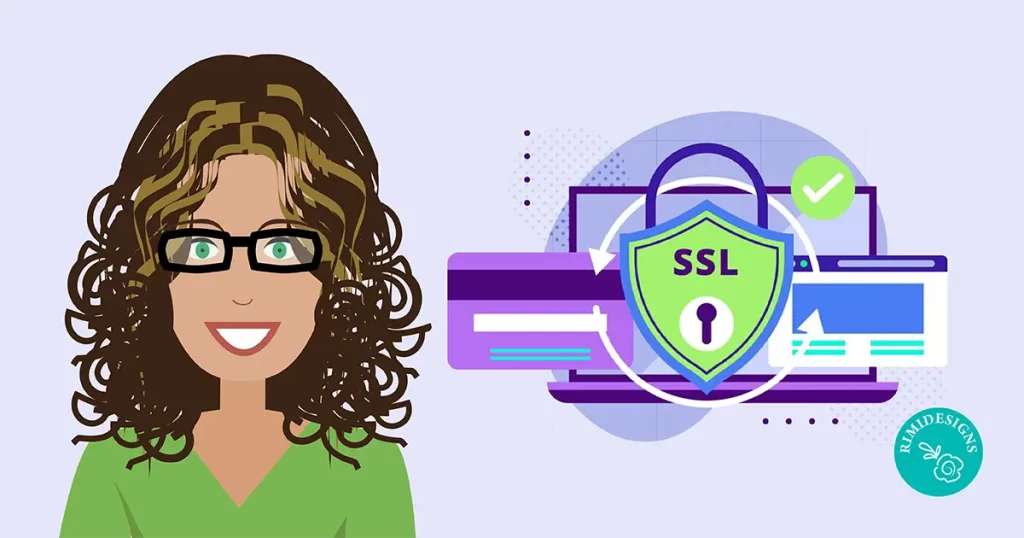
The SSL Guide
You’ve heard about how SSL can boost your rankings in Google but on earth is it and how does it work?
What is SSL?
SSL is a protocol. That means it’s the way that two computers send information to each other over the internet. SSL stands for Secure Sockets Layer but that’s actually the old protocol. Nowadays we use TLS, or Transport Layer Security, but still call it SSL because it sounds better.
Basically, it encrypts the information that the computers send to each other.
Why use SSL?
When the internet was first created, there wasn’t very much sensitive information floating around on it. The connections weren’t powerful enough to support serious web-based applications, there was very little in the way of online buying, and most people didn’t put a lot of private stuff online.
Because of that, we used HTTP – the Hypertext Transfer Protocol. HTTP is fast and efficient because it sends all its messages in plain text.
That’s fine if there’s nothing sensitive. However, all that has changed. It’s rare that one of us goes a day without sending some sort of private information over the internet and SSL is largely the reason that we can without worrying too much about it being intercepted and misused.
SSL: A mix of symmetry and asymmetry
SSL uses both of these methods to ensure that connections are secure and fast.
Asymmetrical encryption takes a lot more computing resources than symmetrical encryption does. So, to make the connection faster, SSL uses asymmetric encryption to secure, not the message that you’re sending, but the key for a symmetrically encrypted secure session.
Now that the key isn’t being sent over an insecure connection, you can send anything you want, knowing that it’s safe.
Different SSL certificates: The differences
Most of the time, a site uses SSL for encryption and security. There are also certificates that verify information about the organisation that the certificate has been issued to, though. These are used to enhance trust in the organisation.
Domain validation
These certificates show that you have the right to your domain and encrypts your traffic using HTTPS. The domain is validated by email and it usually includes little information about you and your business.
Extended validation
EV SSL certificates have much more information in them about the site and the organisation associated with it. These make it much more difficult to mount phishing or man in the middle attacks and provide the green address bar that is commonly associated with SSL.
Wildcard certificates
Wildcard SSL certificates have the advantage of being able to secure subdomains, as well as your main domain. If you had many subdomains that all have sensitive transactions or information going on in them, then this is the type of certificate you’d need.
SOURCE: Crazy Domains



